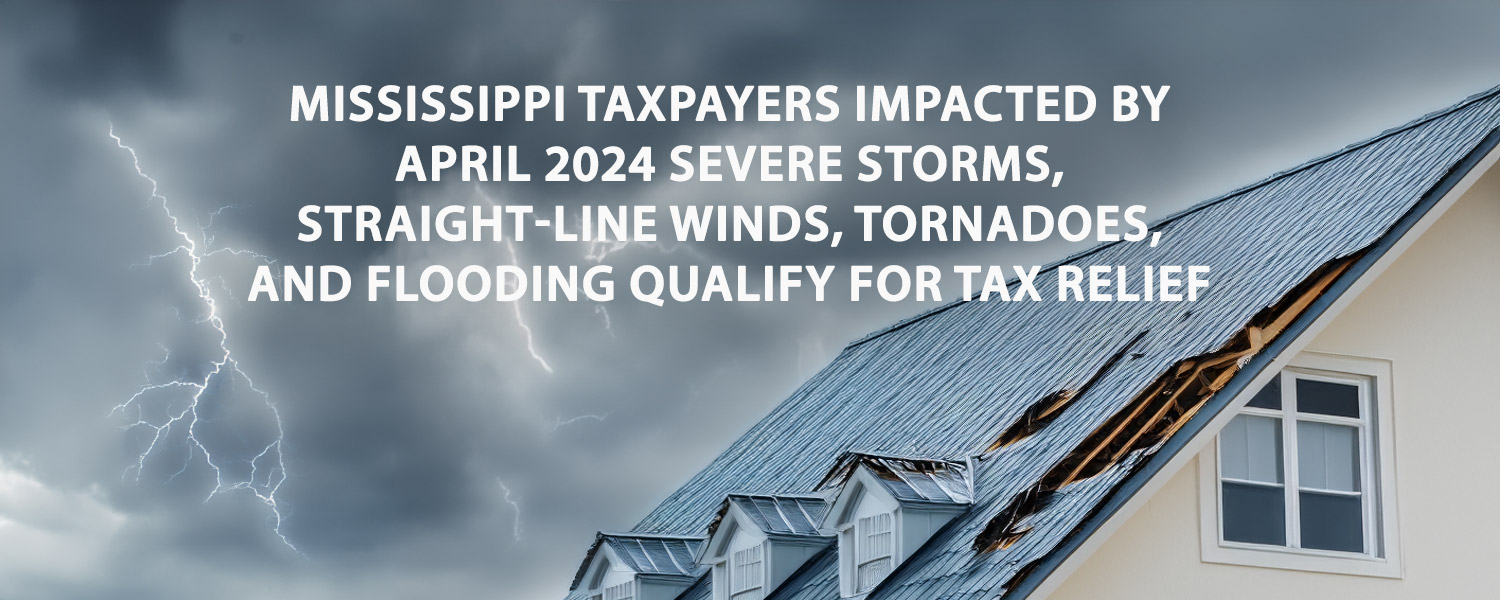How Can A Creditor Collect From A Decedent’s Estate?
A person who dies owing monies to his or her creditors complicates the administration of the decedent’s estate or trust. That is because the estate or trust will now be accountable to creditors given that the decedent’s rights, liabilities, assets and interests transfer to their estate when they pass away. Because the resolution of these creditor issues will require the appointment of a personal representative, it is necessary to first open a probate administration.
What is Probate?
Probate is the field of law that determines how an estate must be divided. Each state has its own laws and statutes requirements to determine if and how an estate must be probated. The probate court will supervise the process when a deceased person (a decedent) leaves assets to distribute, such as bank accounts, real estate, and financial investments with or without a will. The probate court provides the final ruling on the division and distribution of assets to beneficiaries.
In many cases, the decedent has established documentation, which contains instructions on how their assets should be distributed after death and designates in such documents who oversees implementing this process. This involves collecting the deceased’s assets to pay any remaining liabilities on their estate and distributing the assets to beneficiaries. Where a decedent fails to establish such documents while alive, State law and the probate courts will dictate how the estate is administered and to whom assets get distributed to.
Probate With a Will
A deceased person with a Will is known as a testator and he or she is deemed to have died “testate.” When a testator dies, the person designated as the executor under the Will is responsible for initiating the probate process. The probate process for a testate estate includes distributing the decedent’s assets according to the Will.
Probate Without a Will
When a person dies without a Will, a person is to have died intestate. An intestate estate can also occur when a written Will is presented to the probate court and the probate court has been deemed the Will to be invalid. The probate process for an intestate estate includes distributing the decedent’s assets according to State law.
What Is The Probate Process?
A probate court proceeding begins with the appointment of an administrator or executor to oversee the estate of the deceased person. Such personal is typically called the “personal representative.” The personal representative receives all legal claims against the estate and paying off the outstanding debts. Also, the personal representative is tasked with locating any legal heirs of the deceased, including surviving spouses, children, and parents. Then the probate court will assess what assets need to be distributed among the legal heirs and how to distribute them.
Where a personal representative knows that there are outstanding liabilities, the personal representative must provide Notice Of Administration to the creditors which provide instructions for such creditor to file a Proof Of a Claim with the probate court. Where the amounts claimed as outstanding by the creditors are incorrect and overstated, the personal representative has the opportunity to dispute such claim which will eventually be heard by the probate court.
During the probate process, a creditor’s claim is filed in the probate court for the unpaid debts and liabilities of a decedent. The probate court will hear these claims and decide whether or not these claims should be paid, and how much. Both individuals and entities have the legal right to file claims against an individual even after they have passed away. A creditor may have a claim against a deceased person through an attempt to collect on debts for which the decedent incurred while they were alive, and for which they were legally liable. A creditor may also have a claim from a payment or distribution amount of the decedent’s estate that is promised, but the distribution or payment does not take place.
If an estate does not go through probate, creditors may still be entitled to make claims against inherited property. Inheritors are liable for estate debts up to the value of what they inherited but not all assets that do not pass through probate are available to creditors. For example, life insurance proceeds and retirement accounts are generally not subject to creditor claims.
Ways that a dispute with a creditor can arise during administration of an estate
Types of situations arising from a creditor dispute that involve probate litigation include:
- A creditor disputing whole or partial disallowance of a claim
- A creditor disputing the priority of payment
- A creditor whose claim is disallowed contesting allowance of other creditors’ claims
- A creditor petitioning the court to allow a claim after expiration of the time limits
- A petition by a personal representative asking the court to disallow or allow a claim
- An action seeking to hold a personal representative liable for improperly handling a claim
However, a common and complex dispute that arises in claims brought by creditors has to do with estates becoming insolvent before all of a decedent’s debts have been paid. Creditors can pursue certain non-probated assets (e.g., bank accounts, trust funds) when this occurs. Tracking down non-probated assets can be very complicated, costly, and take a long time. Creditors will have to track down the deceased debtor’s non-probated assets, and, if the beneficiaries don’t agree to voluntarily part with those assets, the creditor may need litigate to compel the repayment of the debt.
Generally, there is no priority among claims within the same class of creditors, except for claims relating to medical and hospital expenses. If a decedent’s debts are greater than the assets of the estate, creditors must be treated equally within each class in the order of priority. When estate assets are insufficient to pay all the debts, some claimants may receive all or partial payment, and some claimants may receive nothing from the estate.
What Should You Do?
Whether you are a creditor looking to enforce payment from an estate or you are the administrator of an estate that is insolvent, consider contacting a skilled lawyer at the Law Offices Of Jeffrey B. Kahn, P.C. to help protect the interests of the parties involved. The tax attorneys at the Law Offices Of Jeffrey B. Kahn, P.C. located in Orange County (Irvine), Los Angeles and elsewhere in California are highly skilled in handling tax and probate matters and can effectively represent at all levels with the IRS and State Tax Agencies including criminal tax investigations and attempted prosecutions, undisclosed foreign bank accounts and other foreign assets, and unreported foreign income. Also, if you are involved in cannabis, check out what our cannabis tax attorney can do for you. Additionally, if you are involved in cryptocurrency, check out what a bitcoin tax attorney can do for you.











 Follow
Follow Follow
Follow